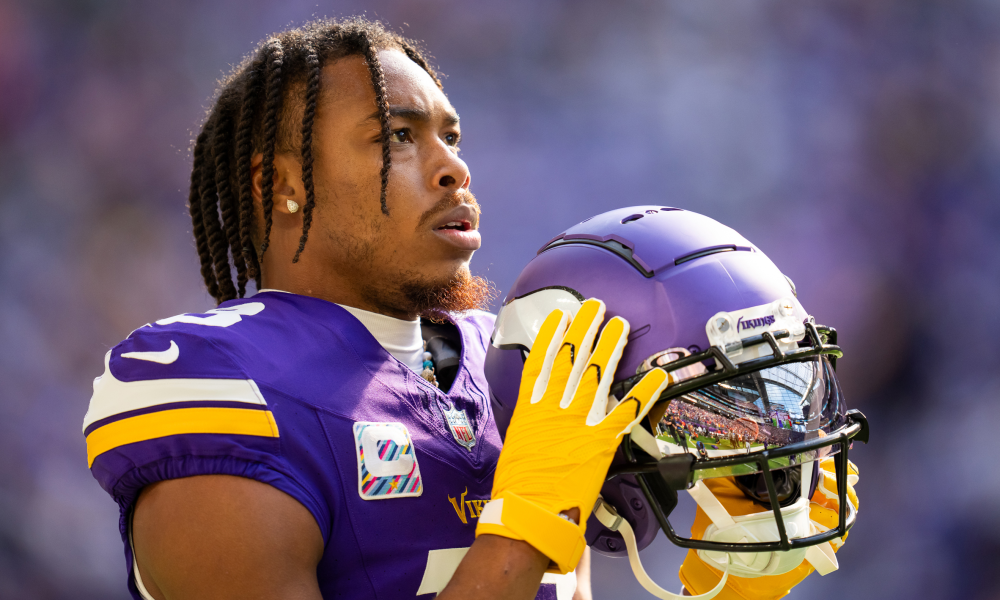The Minnesota Vikings, a team with a passionate fan base and a storied history, has recently been the center of a distressing development. A key player has reportedly voiced his frustration, declaring, “I’m done, can’t take this anymore.” This outcry highlights the intense pressures and emotional challenges athletes face, especially in the high-stakes world of the NFL.
A Season of Struggles
The Vikings have had a tumultuous season, marked by inconsistent performances and mounting injuries. Despite high hopes and significant talent on the roster, the team has struggled to find its rhythm. These challenges have not only impacted the team’s standing but have also taken a toll on the players’ mental and emotional well-being.
The Player’s Plight
While the identity of the player has not been disclosed, his cry for help is a stark reminder of the human side of professional sports. Athletes are often seen as invincible, yet they are not immune to the stresses and pressures of their careers. The relentless demands of training, the physical toll of games, and the constant scrutiny from media and fans can lead to significant mental strain.
Addressing Mental Health
The NFL has made strides in recent years to address mental health issues among its players. Initiatives to provide better mental health resources and support systems have been implemented, but incidents like this underscore the need for ongoing attention and improvement. Teams must prioritize the mental well-being of their players, ensuring they have access to the help and support they need.
A Call for Compassion
As fans and followers of the sport, it’s crucial to remember that athletes are more than just their on-field performances. They are individuals with personal struggles and emotions. This incident should serve as a call for greater compassion and understanding from the public, and a reminder that mental health is as important as physical health in the realm of professional sports.
Moving Forward
The Vikings organization, along with the NFL, must take this player’s cry seriously. By fostering an environment where mental health is openly discussed and supported, they can help ensure that players not only excel on the field but also lead healthy, balanced lives off the field. This situation, while troubling, presents an opportunity for positive change and a renewed focus on the well-being of athletes.

Leave a Reply